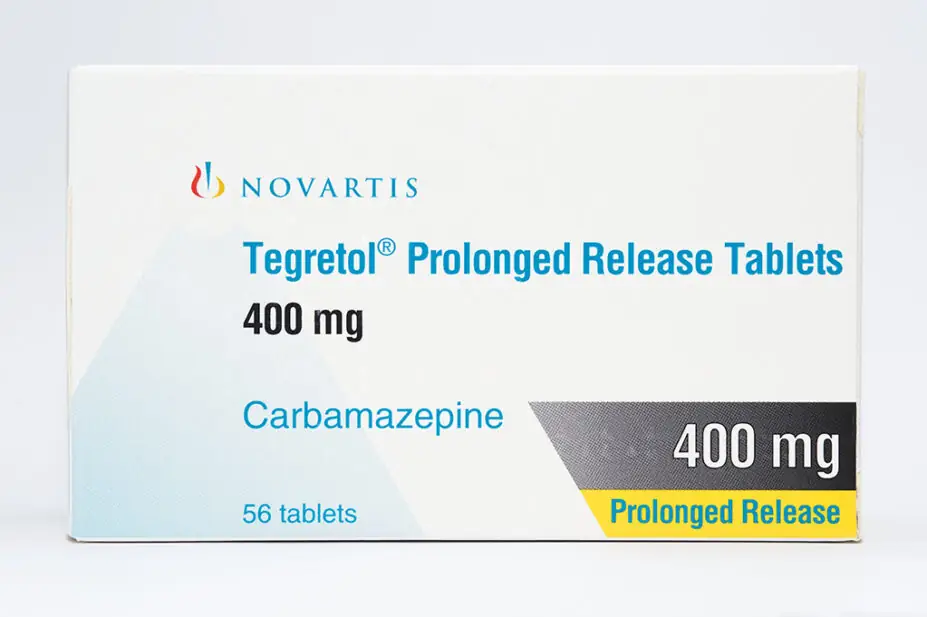
DR P. MARAZZI/SCIENCE PHOTO LIBRARY
Two coroners have expressed concerns over shortages of epilepsy and ADHD medication in December 2024, following the death of two patients.
In a ‘Prevention of future deaths’ (PFD) report, published on 31 December 2024, coroner Kevin McLoughlin raised concerns over shortages of epilepsy medication, after patient David Crompton was unable to obtain his medication and died during a seizure on 13 December 2024.
The patient, aged 44 years, was first left without the anti-epileptic Tegretol (carbamazepine; Novartis) for “approximately ten days as the pharmacy could not supply it” in April 2024, the report said.
“In December 2024, he was again left without the Tegretol. The pharmacy had left a manuscript ‘IOU’ in relation to Tegretol at his home when other medicines were delivered.
“Without his medication, his epileptic condition was likely to destabilise and give rise to fits. His falls both in April and December 2024 occurred when he was left without his essential medication,” the report added.
The coroner raised concerns over the “lengthy periods” that the patient had been left without medication, adding that hospital specialists had commented that the absence of Tegretol for around ten days “will likely have contributed” to the seizure activity.
Citing evidence given at the inquest into the death, the coroner also raised concerns that the patient’s family members had been left to contact other pharmacies to see if they could obtain Tegretol.
“Comment was made at the inquest to the effect that the pharmaceutical profession should have clear designated systems to deal with any shortages of supply encountered; for example, reference to hospital departments to ensure patients are not left without important medications,” the report said.
The PFD was sent to both Midway Pharmacy in Leeds, West Yorkshire, and the General Pharmaceutical Council, both of which must respond giving details on action taken or proposed to prevent future deaths.
PFD reports are legally required from a coroner when they believe action should be taken by a person, organisation, local authority or government department or agency to prevent future deaths.
Commenting on the report, Alison Fuller, director of health improvement and influencing at charity Epilepsy Action, said: “This tragic event highlights the pressing need to fix the medication supply chain in our country.
“Medication availability has been a fluctuating issue, with 2024 being a critical year. Concerningly, our helpline has started to receive enquiries from people unable to access Tegretol again in the new year.
“Last year, nearly 40% of people with epilepsy who had to skip or switch medication due to shortages had more seizures. Some people started having breakthrough seizures, after long periods seizure-free. This can’t happen again.”
In another PFD report published on 20 December 2024 and sent to NHS England, a coroner raised concerns after Oliver Winson, aged 33 years, died from a drug overdose while on a waiting list for an ADHD service in June 2024.
“Patients who have been identified specifically of being at risk as a result of undiagnosed and/or untreated ADHD (and it was also noted in the evidence that there is a shortage of medication for those patients who have been diagnosed) remain on significantly lengthy waiting lists, during which time they are not receiving treatment, their condition is not monitored and there is a risk, as with Mr Winson, that their condition may deteriorate or lead to risk or harmful behaviour and death,” the coroner said.
Supply disruptions to ADHD medication have been ongoing since September 2022, with availability of some medicines still variable.
Commenting on the report, Henry Shelford, chief executive of charity ADHD UK, said: “We have called out for prioritisation of people at risk of suicide during the ADHD medication shortages but to no avail.
“We recently spoke to a suicide intervention charity who said they are seeing more people with ADHD in suicide crisis as a direct result of the medication crisis. We have no doubt that the NHS’s failure to support people with ADHD is costing lives.”
Commenting on both reports, Claire Anderson, president of the Royal Pharmaceutical Society, said: “Medicines shortages can have devastating consequences for patient safety. These cases highlight this and our thoughts are with the families affected.
“Pharmacists work tirelessly to manage shortages and get patients the medicines they need, but action is needed to prevent tragedies like these. We will continue to work with policymakers and the wider healthcare system to ensure patient safety comes first.”


